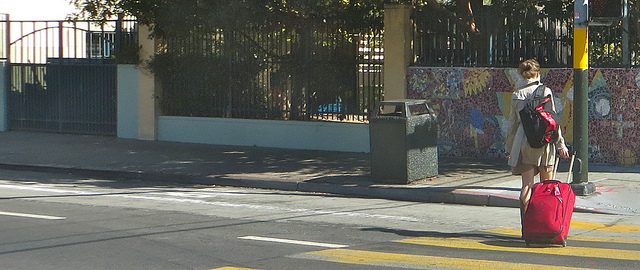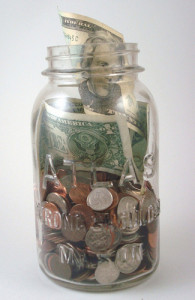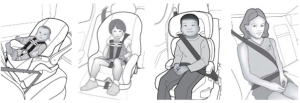“Rest and be thankful.” – William Wordsworth
Holidays and vacations are a great opportunity to rest, recharge and explore the U.S.
Memorial Day Weekend is the unofficial start of summer travel season. Here are some reminders about program rules regarding holidays and vacations.
Holidays
- Host families are not required to give au pairs any specific holidays.
- Each host family will make different arrangements on holidays, some au pairs will be off and others will be required to work.
- Au pairs should not make plans for holidays without checking with your host family first.
Vacations
- Au pairs earns 2 weeks of paid vacation during the course of her year.
- Vacation time should be mutually agreed upon.
- All vacation should be preplanned (at least 4 weeks in advance.)
- All au pair’s friends and/or family visits/vacations should be pre-approved prior to purchasing tickets.
- If an au pair travels with her host family, it should be discussed in advance whether this is the au pair’s vacation or if she is working.
- If an au pair travels with the host family to work, the host family is required to pay for her transportation, lodging and meals.
Important: If an au pair is traveling outside of the U.S., she must have her DS2019 signed (travel validation) PRIOR to her departure from the US. More information about this may be found here on the Au Pair in America website.
Photo: torbakhopper (Flickr)


 Host parents often ask for suggestions on how best to handle common expenses that occur as au pairs are caring for the children.
Host parents often ask for suggestions on how best to handle common expenses that occur as au pairs are caring for the children. Maryland’s Child Passenger Safety Law
Maryland’s Child Passenger Safety Law![change-300x225[1]](https://blogs.aupairinamerica.com/abc/wp-content/uploads/sites/10/2011/10/change-300x22513.jpg)
 Just a reminder about how important it is to respect your host family’s privacy and not share personal details and information. This applies to all kinds of situations, including: personal conversations, email and social websites.
Just a reminder about how important it is to respect your host family’s privacy and not share personal details and information. This applies to all kinds of situations, including: personal conversations, email and social websites.